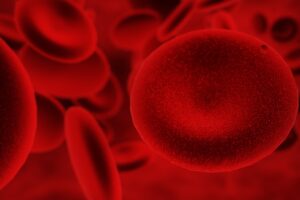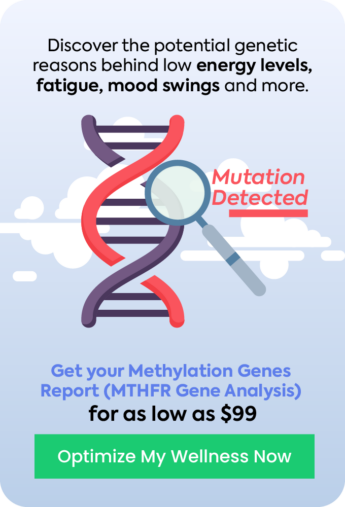Diet: We get vitamin C from fruits and vegetables, with some of the richest sources being citrus fruits, berries, kiwi, bell peppers, and dark green leafy vegetables like kale and spinach. Notably, the vitamin C content in food can be reduced by prolonged storage and cooking, as vitamin C is water-soluble and sensitive to heat. Eating fresh and minimally cooked fruits and vegetables maximizes vitamin C intake.
Age and Gender: Vitamin C requirements vary across different ages and genders. For instance, infants have lower needs, while pregnant and breastfeeding women require higher amounts. Men generally require slightly more vitamin C than women. As people age, their ability to absorb vitamin C can decrease, potentially increasing their need for this nutrient.
Lifestyle Habits: Smoking significantly increases oxidative stress and metabolic demand for antioxidants. Hence, smokers require more vitamin C than non-smokers. Similarly, excessive alcohol consumption can impair the body’s ability to absorb and store vitamin C. It leads to reduced vitamin C levels.
Health Conditions: Certain illnesses, particularly those causing inflammation or fever, can increase the body’s need for vitamin C. Stress, both physical and emotional, elevates cortisol levels, which can deplete vitamin C stores. Chronic conditions, like diabetes and heart disease, may also increase the demand for vitamin C due to heightened oxidative stress.
Medications: Some medications, including certain types of birth control and aspirin, can lower vitamin C levels in the body. Diuretics, used for high blood pressure, increase the excretion of vitamin C, potentially leading to lower levels.
Environmental Factors: Exposure to pollutants and toxins, such as cigarette smoke (even second-hand) and heavy metals, can increase oxidative stress in the body, thereby increasing the need for vitamin C. Urban environments with higher pollution levels might contribute to a greater demand for antioxidants, including vitamin C, compared to less polluted areas.











